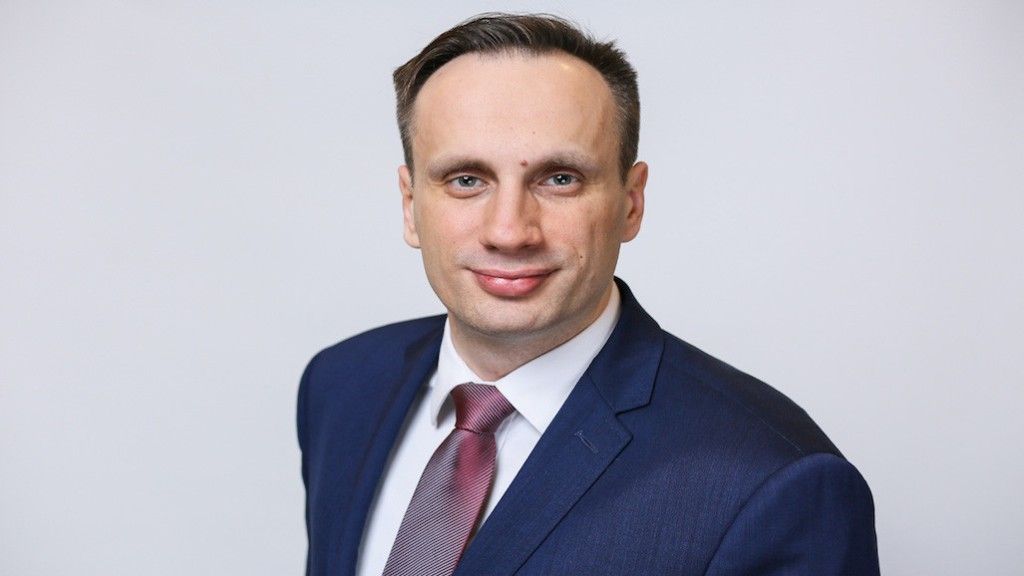Defence Policy
Polish Game Changer for Central-East European Energy Policy

„The victory of the conservatives of Jarosław Kaczyński’s party in 2015 in Poland signaled Warsaw’s retreat from the pro-Russian energy policy of 2007-2015, carried out by the liberals of Donald Tusk’s party”, writes Janusz Kowalski, former vice-president of Polish Petroleum and Gas Mining in the Warsaw Institute Review.
After years of basing its energy policy on Russia, Poland did under Law and Justice party rule return to more active energy policy. This shift has been marked by the beginning of the operation of the LNG terminal in Świnoujście, in June 2016. Nevertheless, the most crucial investment revived under the new government is the gas connection with Norway. The initiative, which previously had been halted by the Civic Platform’s government is decisive for eliminating the possibility of blackmailing Poland by Gazprom, especially considering expiration of the Yamal contract in 2022. The project would have direct consequences not only for Poland but also for Central and Eastern Europe, as it would constitute an alternative for Russian sources.
However, one should have in mind the possibility of the failure of the Norwegian Corridor project. What then? „The LNG sector is the only serious alternative (…)”, writes Kowalski. Therefore „an important element of the diversification of gas supplies to Poland will be the construction of an import network for LNG by PGNiG”.
Read more: Will Poland Liberate East-Central Europe from Gazprom’s Dictates?
Warsaw Institute, a new analysis and research center conducts expert, educational and publishing activities. Think tank focuses on the geopolitical, economic and cultural issues crucial for Poland and East-Central Europe. The institute publishes “The Warsaw Institute Review” which is a free Polish magazine. The periodical presents a broad spectrum of topics concerning Poland, a leader among East-Central European countries, in the form of analytical articles on political, legal, economic, social, historical and institutional issues.